Everyone deserves to be able to start a family when they want and to arrange their work in a way that works for them and their loved ones.
The EU guarantees you the right to a work-life balance so you can provide for your family without missing out on precious time with them. You and your family are covered by social protection, including access to health care services, and pensions.
Why do we need to take action on family in the EU?
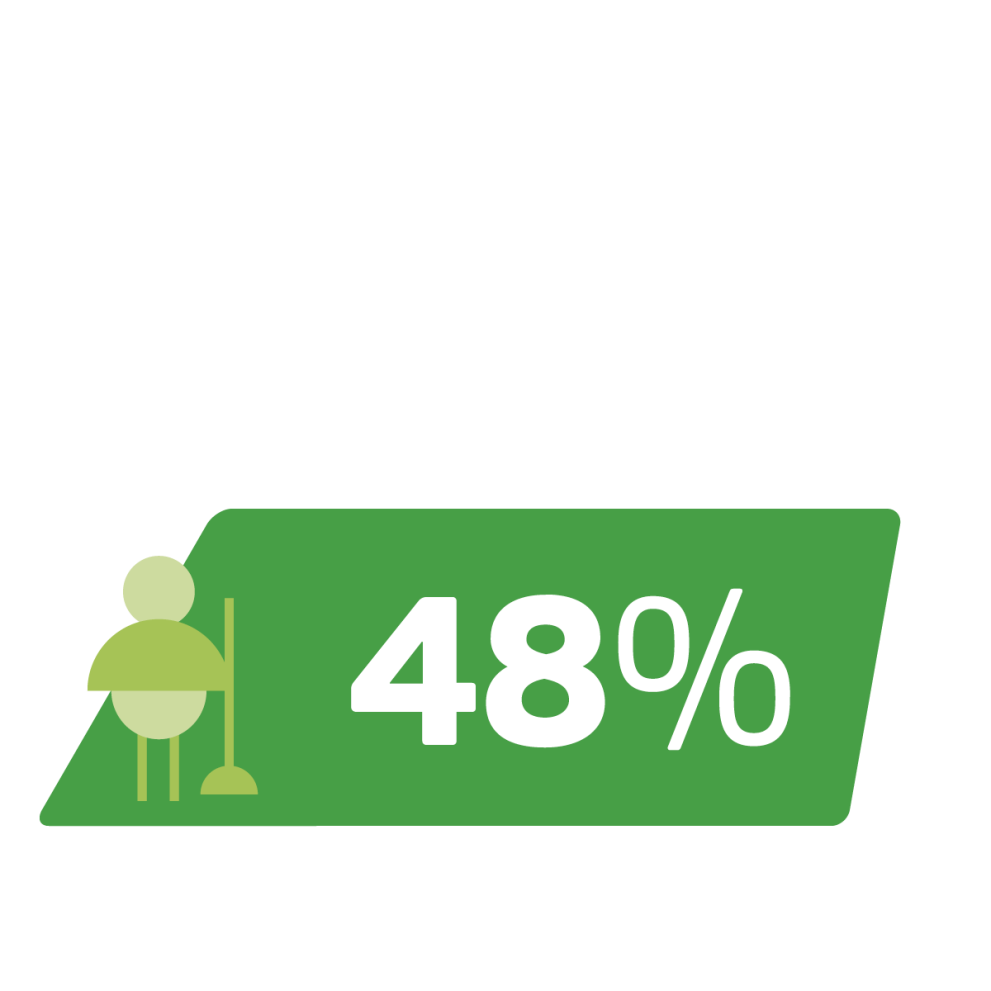
of EU citizens say they are too tired from work to do household jobs at least several times a month
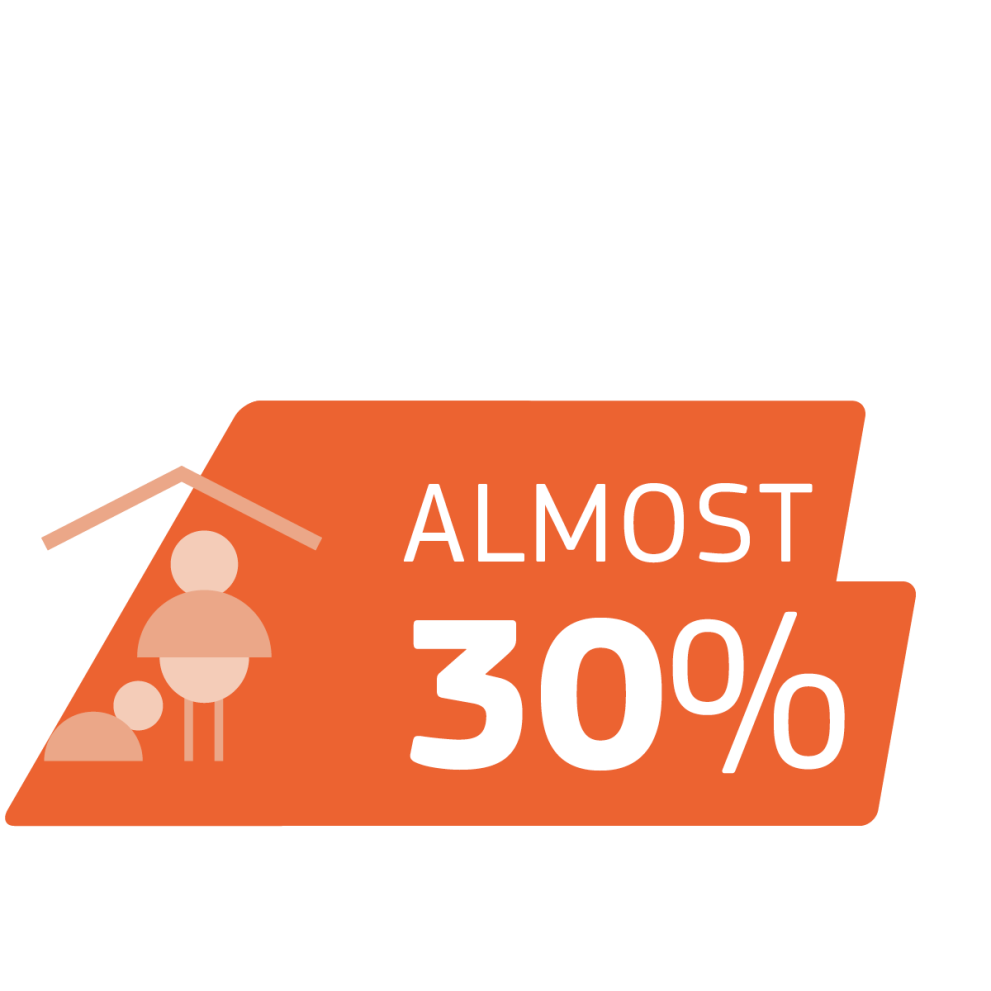
of people surveyed said their job is preventing them from spending time with their family
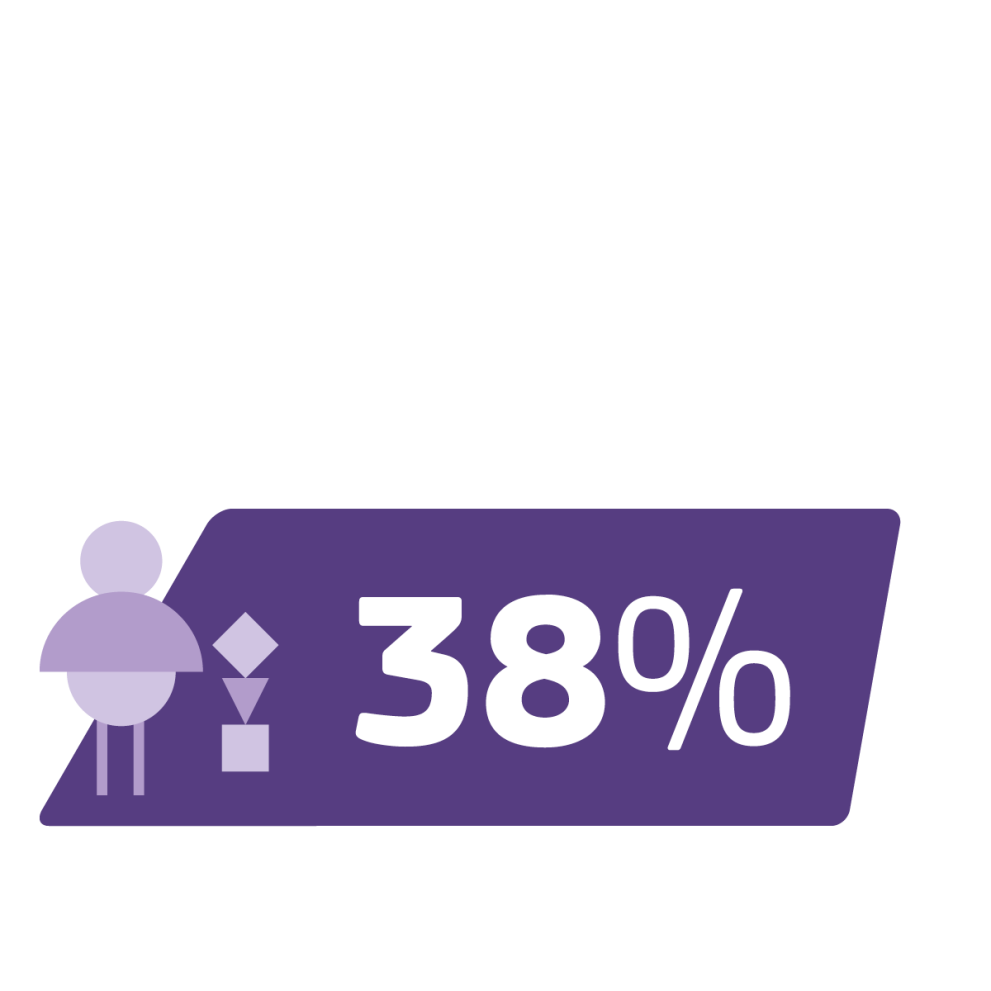
of parents who use organised childcare find it difficult to pay for it
How are we taking action?
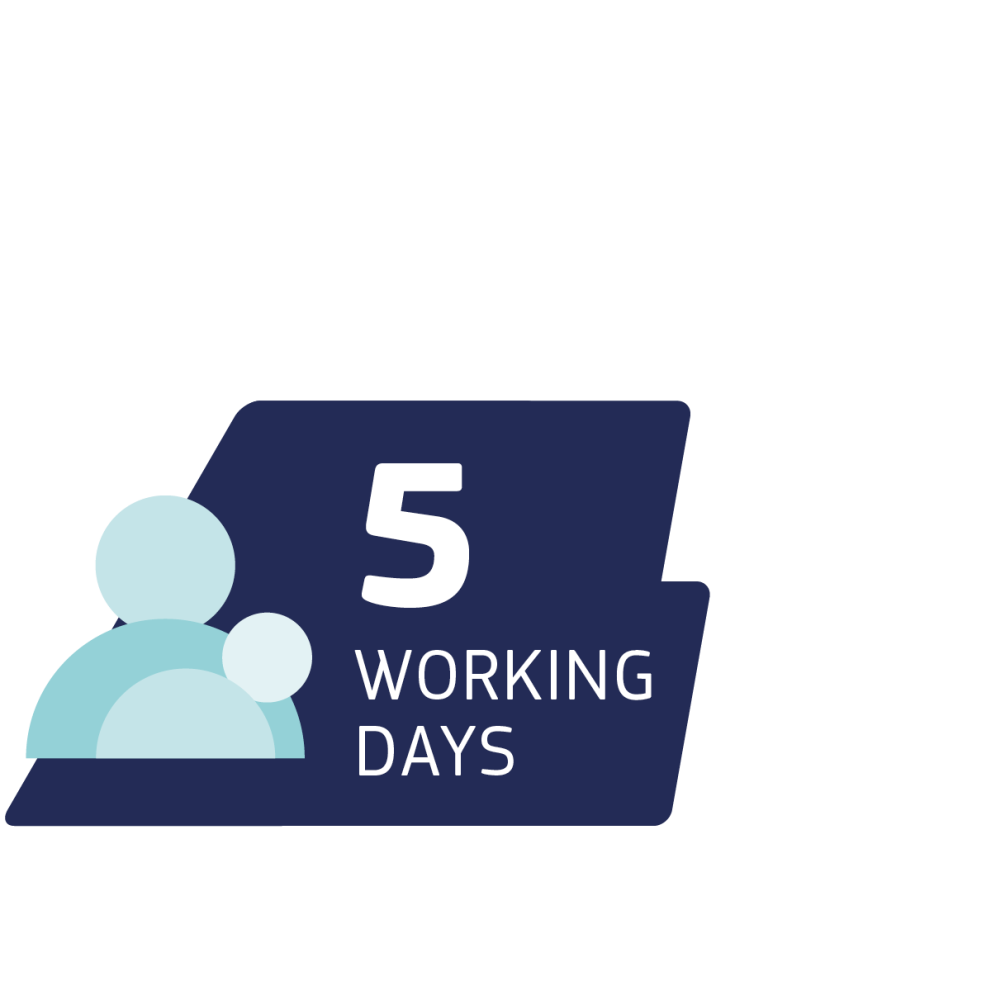
to care for a member of your household

for all full-time workers in the EU
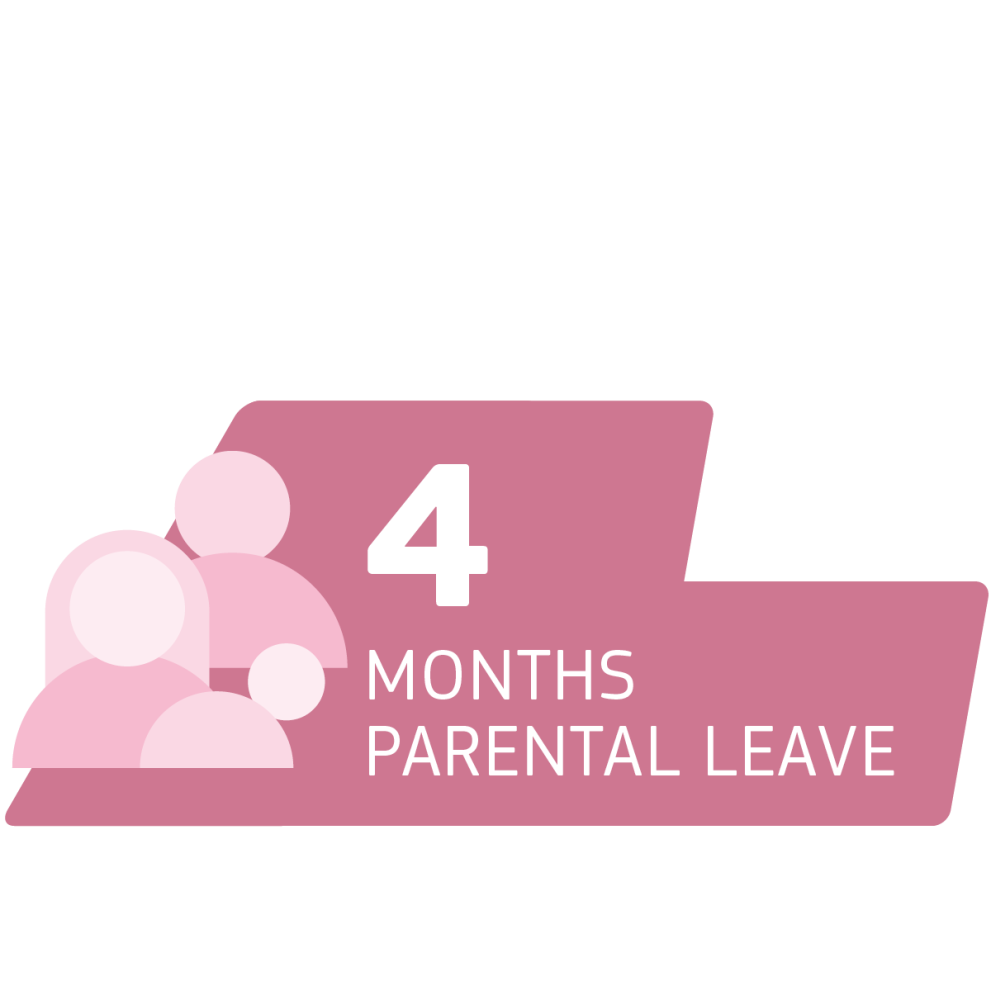
for parents to request in a way that suits them best (for example, in several blocks or part-time)
You care about your work, but you also want time for your personal life. You need to be able to plan where, when and how you’ll be working – and how much you’ll be earning.
- The EU guarantees you transparent and predictable working conditions. Thanks to the Directive on Working Conditions on this topic, you have the right to information on when and where you will be working, your job title, start date, end date (if applicable), paid leave, salary and your notice period.
- The law also limits probationary periods and includes measures to prevent the abuse of zero-hour contracts. Zero-hour contracts mean the employer does not have to guarantee a minimum number of hours. The employee cannot be sure of how many (if any) hours they will work in any given week or what their salary will be.
- EU law also ensures that you have enough time off in-between working days to rest and to dedicate to your personal life.
- The Working Time Directive gives you the right to at least 11 consecutive hours of daily rest. If you work more than 6 hours a day, you must be given a break.
- EU law enables you to claim at least 4 weeks of paid holidays per year.

You need to know that your family is being well looked after while you’re at work or while you start your own business. In the EU, you have the right to healthcare, affordable childcare and long-term care. So, you can take care of your business and pursue your career, secure in the knowledge that your family is taken care of.
- The European Care Strategy was created to ensure quality, affordable and accessible care services across the European Union and improve the situation for both care receivers and the people caring for them.
- Thanks to the Child Guarantee, countries in the EU can access funding to ensure that children in need have access to free and effective early childhood education and care, including providing at least one healthy meal per school day.
- Many EU countries are running projects to improve the lives of children.
- The EU Charter of Fundamental Rights (article 35) states that everyone has the right to preventative health care. To make this happen, the EU has several funds contributing to improving healthcare in EU countries. The EU4Health programme is an unparalleled EU financial support in the health area, investing €5.3 billion during the 2021-27 period.
- EU rules protect your social security rights when moving within Europe (EU 27 + Iceland, Liechtenstein, Norway and Switzerland).
- As an EU citizen, you also have the right to access healthcare in another EU country and you will be reimbursed by your home country.
- You can access this right via the European Health Insurance Card, a free card that gives you access to medically necessary, state-provided healthcare during a stay in any of the 27 EU countries plus more, under the same conditions and at the same cost as people insured in that country.
- As someone who is self-employed or in non-standard employment, you still have the right to adequate social protection such as healthcare services and maternity and paternity benefits.

In Europe, you have the right to access essential services (water, sanitation, energy, transport, financial services and digital communications) that are of good quality, allowing you and your family a fair standard of living at all times. These are services that also allow you and your family to access education, work and other public services.
You are also entitled to minimum income while you look for work, allowing you and your family a decent life even when without a job.
Although each EU country has its own laws on what type of support you can receive, the EU supports countries by sharing guidance on how to improve this support to make sure help is given to those who need it, while ensuring those who can work have access to jobs. EU members are responsible for organising essential services at national, regional or local level but the EU supports you accessing them through consumer protection laws and EU funds.






